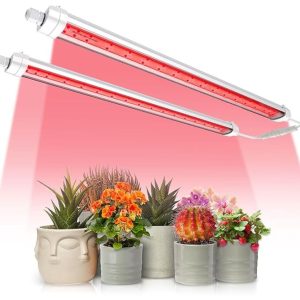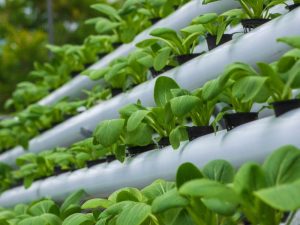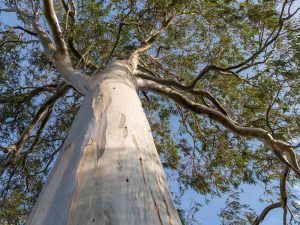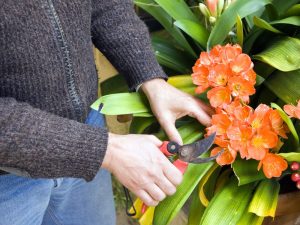Last Updated on July 29, 2023 by teamobn
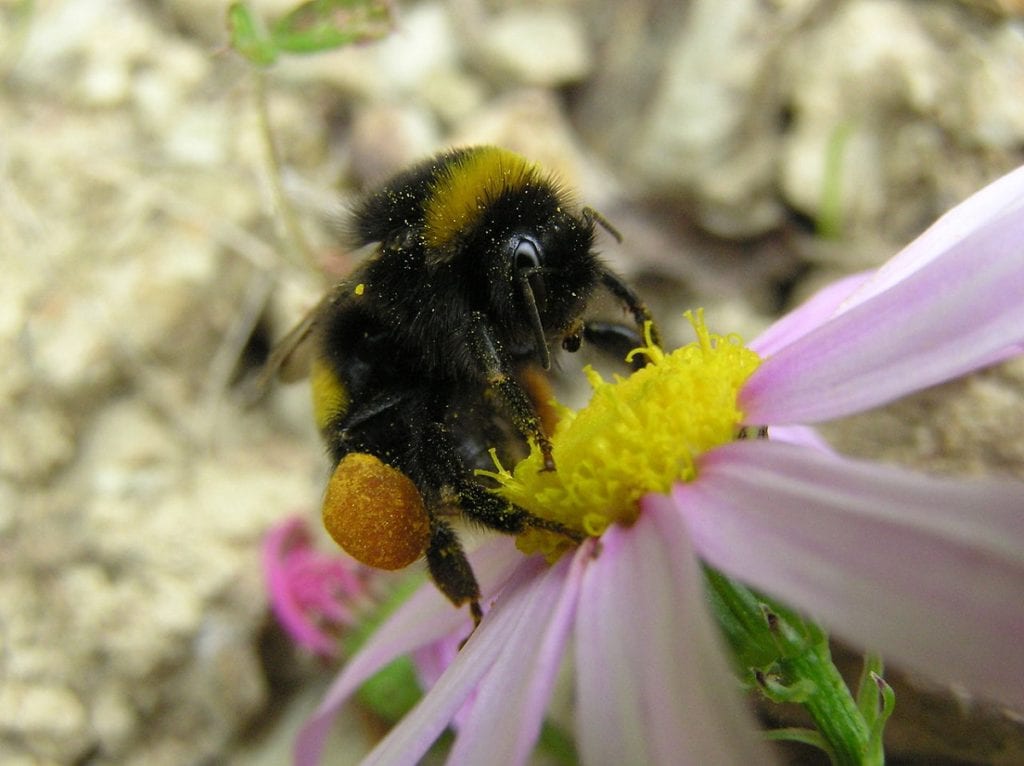
Insects are responsible for one out of every three bites of food throughout the world. But because they are inconspicuous, small, and hard to track, the fear that there might be far fewer than before comes gradually.
People notice it in backyards or under streetlights at night: “Where have all the bugs gone?”
Encouraging Pollinators in Your Garden
Contents
The fact is, new reports show pollinators are in steep and alarming decline. Feral honeybee populations in the US alone have dropped by about 90 percent in the past 50 years, according to some estimates.
Many other pollinator species are threatened with extinction, including some 16 percent of vertebrates like birds and bats.
Fortunately, there are a few things homeowners can do to help encourage the growth of pollinator populations.
Below are six ways to help pollinators thrive in your backyard and garden.
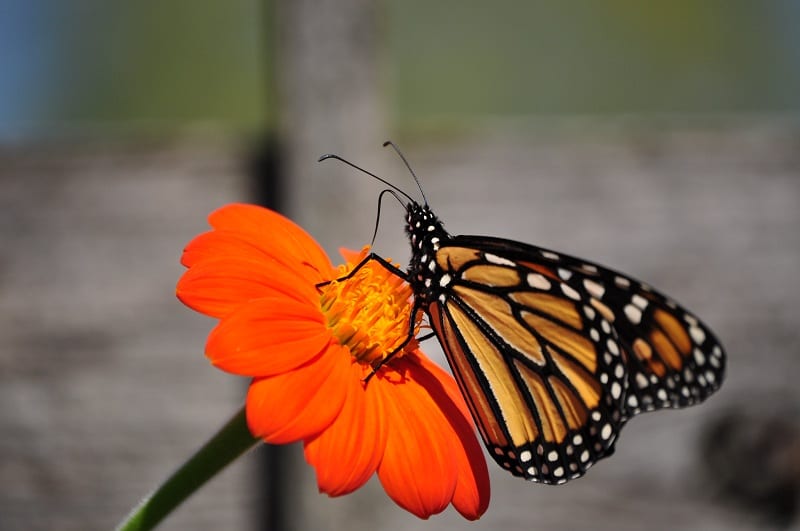
1. Go Native
Grow plants that occur naturally in your region. Native insects co-evolved with them, as did native birds and wildlife.
Beautiful as they are, exotic, non-native plants can sometimes wipe out native plant and insect species. This disrupts the ecosystem and severs the food web.
Consider a mixture of native plants with diversified sources of nectar for your garden. Native shrubs, trees, and flowers provide pollen or nectar in early spring when food is scarce.
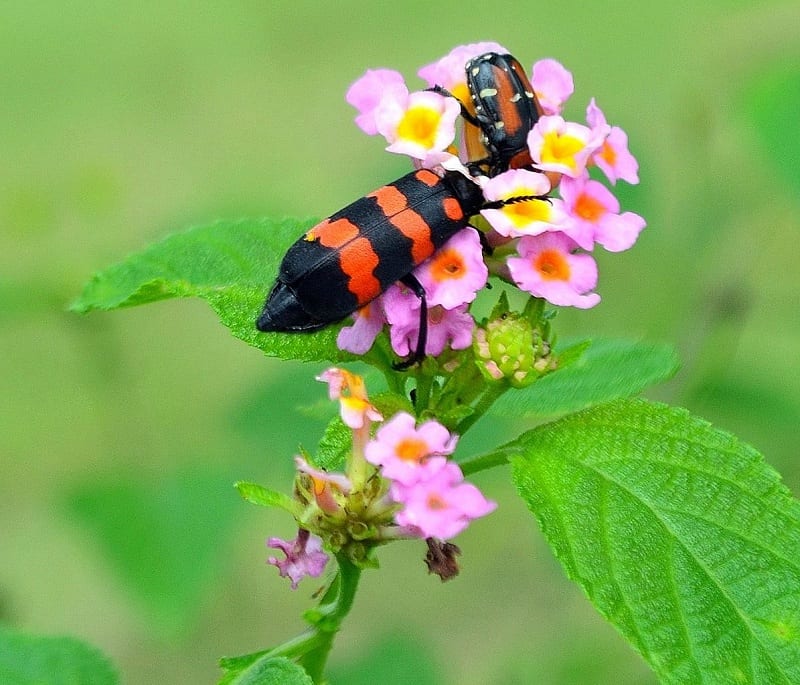
2. Welcome Pollinators to Your Backyard
Many insects hibernate for the winter and need a place to bed down. Hole-nesting bees and beetles need things like dead tree trunks or reeds in which to winter. Leave some natural areas of your yard instead of landscaping every inch.
Even better, you can build and install a bug hotel in your backyard or garden!
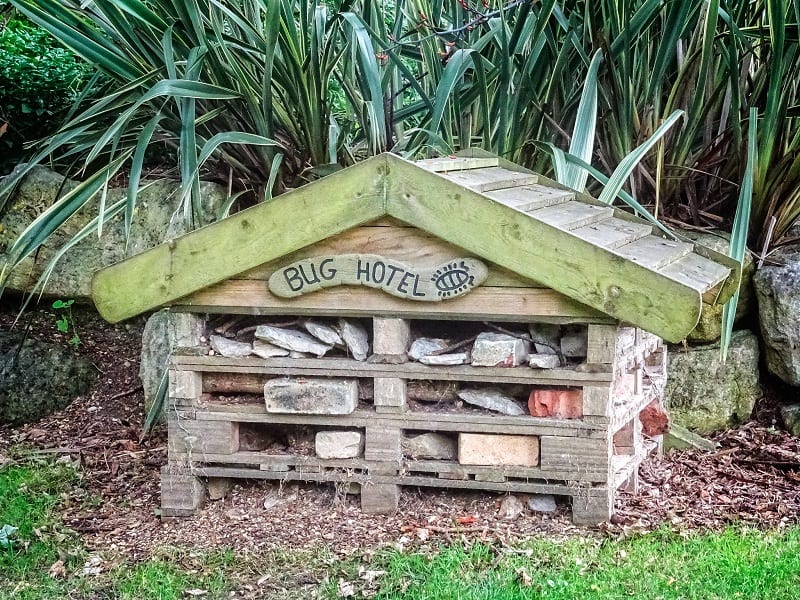
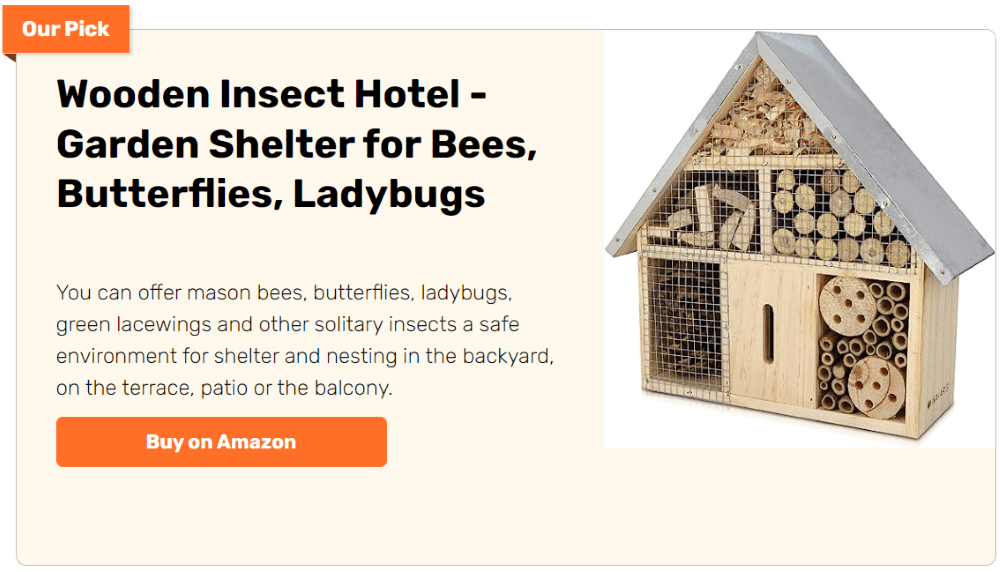
3. Encourage Birds
Birds are pollinators, too. Provide clean water for these pollinators with a shallow dish, bowl, or birdbath with half-submerged stones. The birds will use the stones for perches.
Put up bird feeders and nesting boxes. Don’t cut the flowers
of plants like coneflowers, black-eyed Susans, and sunflowers if these are
native to your region. Their seed heads provide a valuable food source for
birds.
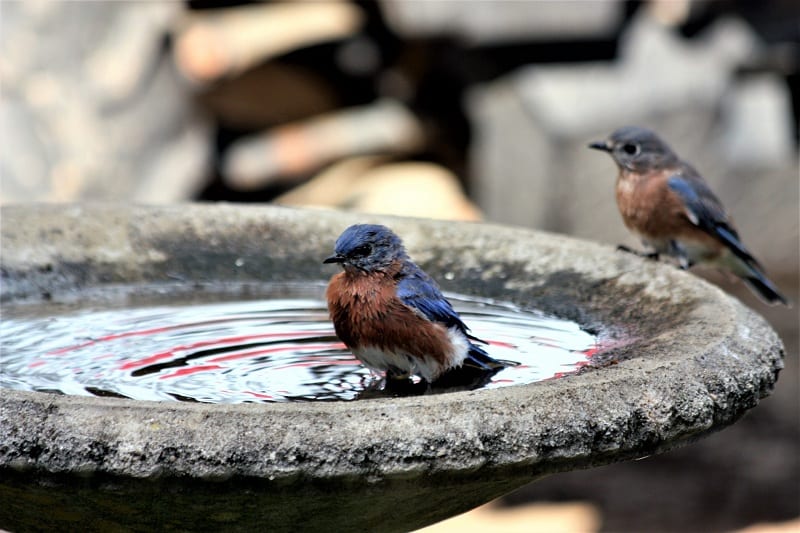
4. Use Water Wisely
Do not waste water. Excessive water on plants promotes disease, which results in stunting, spots on foliage, and decay on leaves, stems, or fruit. The excess water also keeps pollinators at bay.
The general idea behind encouraging pollinators is to work with nature, not against it. You want to create a well-balanced, functioning ecosystem. That means being less wasteful. After all, nature wastes nothing.
If you use sprinklers, put them on timers. If you can, install a drip irrigation system for your garden, flower beds, and trees. These systems put water right into the soil, where you want it.
You can also install a rain barrel to catch water. You can use
that water on your plants.
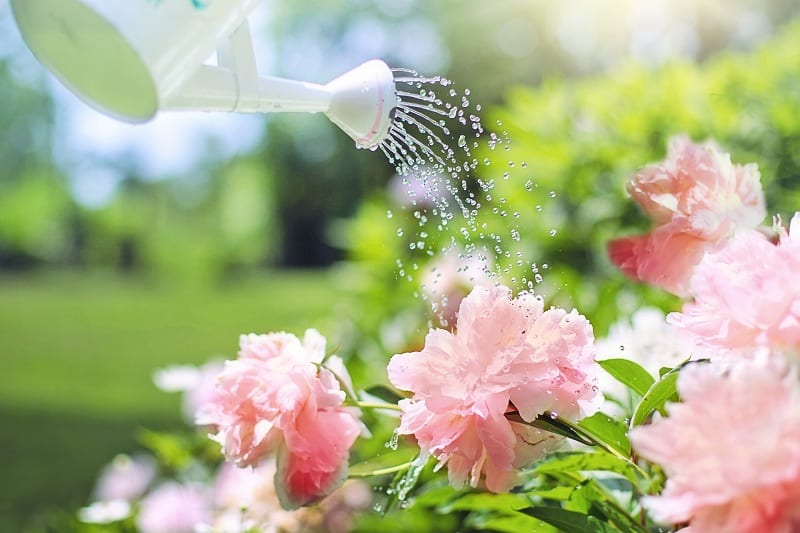
5. Grow a Rain Garden
Harvest rainwater and use it to build your own rain garden! Rain gardens collect rainwater from a roof, driveway, or street. They allow the water to soak into the ground.
Rain gardens can also filter pollutants in runoff and provide food and shelter for butterflies, birds, and other wildlife.
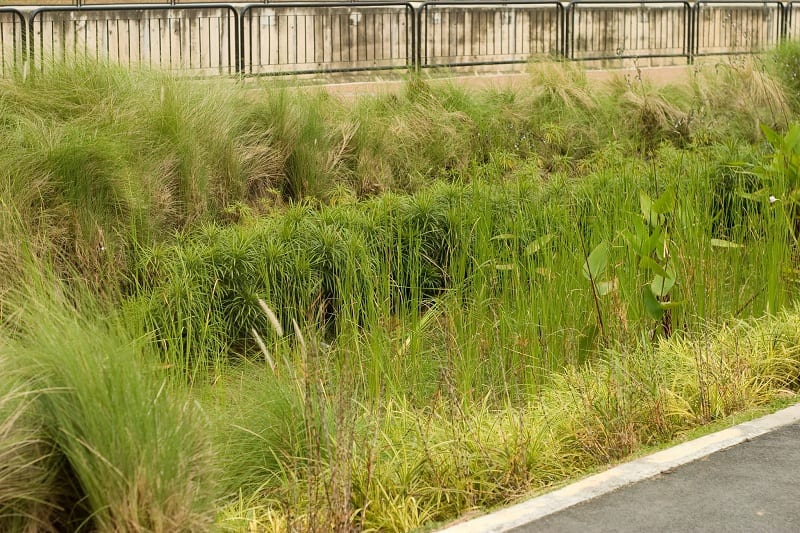
6. Stop Using Chemical Pesticides
Intelligent gardening is preventative. The system deals with the cause of diseases, pests, or poor fertility. The toxic chemical approach to pest management attempts to suppress symptoms of the problem, instead of fixing it.
Pair up the right plants to repel pests. For example, dill and basil will protect your tomato plants against tomato hornworms. The smell of the foliage of marigolds meanwhile deters aphids.
Mix flowers and vegetables together. You don’t need to choose between growing ornamentals and edibles. Many flowers confuse pests. That helps you grow a healthier garden.
When paired together, companion plants improve each other’s
yields.
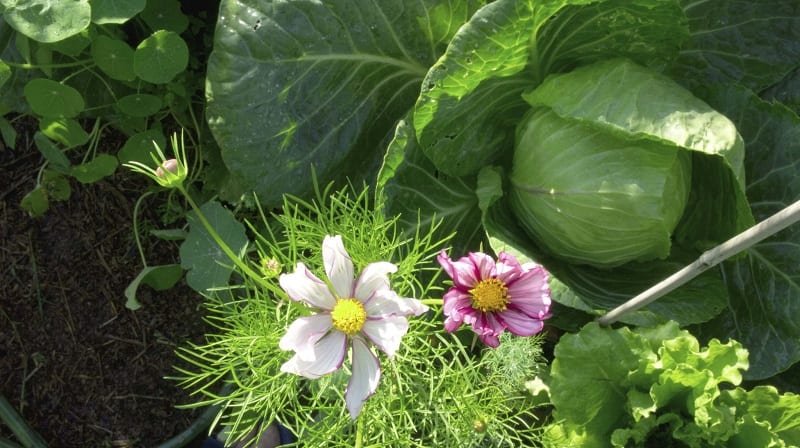
Gardening with Nature
The natural habitats of native pollinators have almost disappeared, but your garden and backyard can become a safe haven for these creatures.
Even in the areas where we feel far from nature, we are still part of our ecosystem. This means your garden and backyard can be good for wildlife.
The more we garden alongside nature, the better for us all.
Here’s a quick video…

